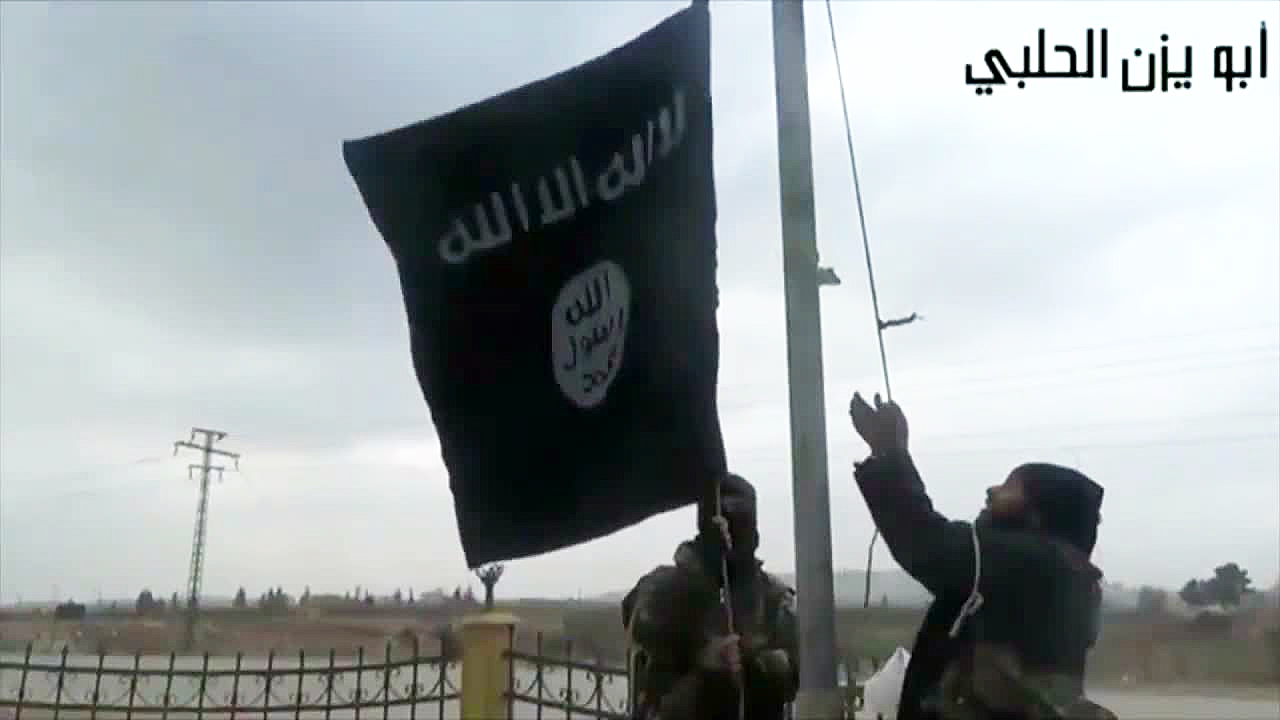What’s Worth Watching: ‘Frontline’ on PBS for Tuesday, October 27

Frontline, “Inside Assad’s Syria,” Tuesday, Oct. 27, 10/9c, PBS (check local listings at pbs.org)
If you’ve been watching the news lately, including various newsmagazine reports (60 Minutes in particular), perilous scenes of mass exodus from war-torn Syria can’t help but affect the viewer, as seemingly endless waves of desperate refugees risk their lives to seek safe harbor and a more hopeful future far from their homeland. These compelling human-interest stories beg the question of what and who they’ve left behind and how life goes on for those who’ve either chosen or have no choice but to live within the regime of President Bashar-al-Assad.
In a valuable and rare piece of on-the-ground foreign correspondence, Frontline‘s longtime Middle East reporter Martin Smith was able to circumvent Assad’s restrictions on outside media and spend three weeks this summer observing and talking to citizens, militia and politicians who remain loyal to their embattled country, if not always to their controversial leader. “There is no alternative,” one man says, despairing of the damage he sees being done by ISIS extremists and Western-supported rebels. With conspiracy theories abounding, even those wary of Assad appear to consider him a necessary evil to keep the entire state and its institutions from forever collapsing.
Smith is often startled by the surreal spectacle of how “relaxed and ordinary” things seem in the capitol of Damascus, with shopping and playing and even dancing atop a rooftop bar. When propaganda ministers escort him to a luxury resort about to open some 10 miles from the ruins of a bombed-out city, the juxtaposition with the despair and fear exhibited by the displaced and suffering couldn’t be more extreme. Later, when Smith requests visiting a hospital to interview those caught in the crossfire, he is instead invited to listen to a Brahms symphony being played by a local orchestra as carnage rages elsewhere. (Shades of Nero?)
The discordant danger of Smith’s assignment is palpable throughout, especially after a pro-regime journalist contact is killed by mortar fire several days into Smith’s stay. (On one of his last days, a man is wounded by shrapnel fire outside Smith’s hotel window.) As Smith drives back to Beirut at program’s end, he reflects on a nation whose identity has likely been changed forever by the ongoing conflict, which only escalated in recent months as Russian jets began bombing targets. However this story ends, we should hope Frontline will be there to make sense of what seems a senseless tragedy.







